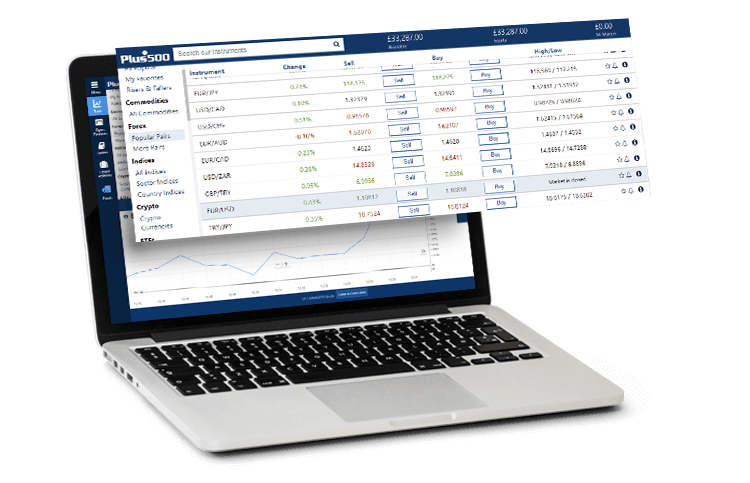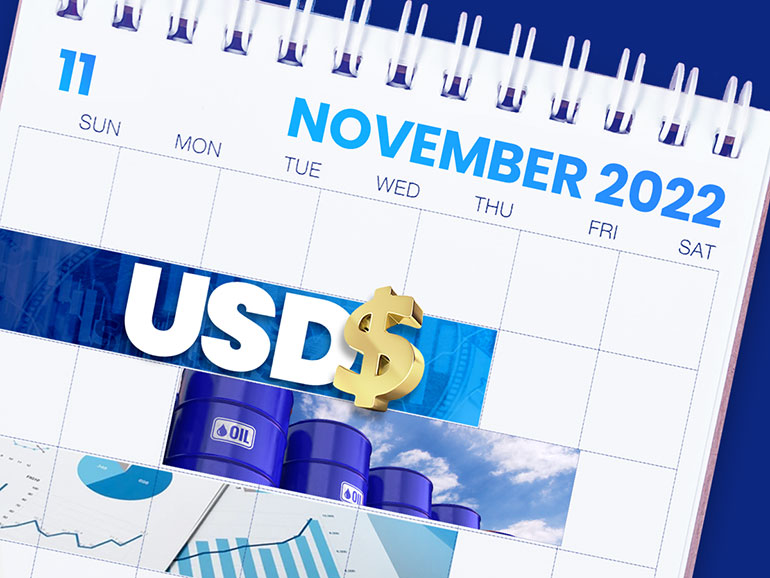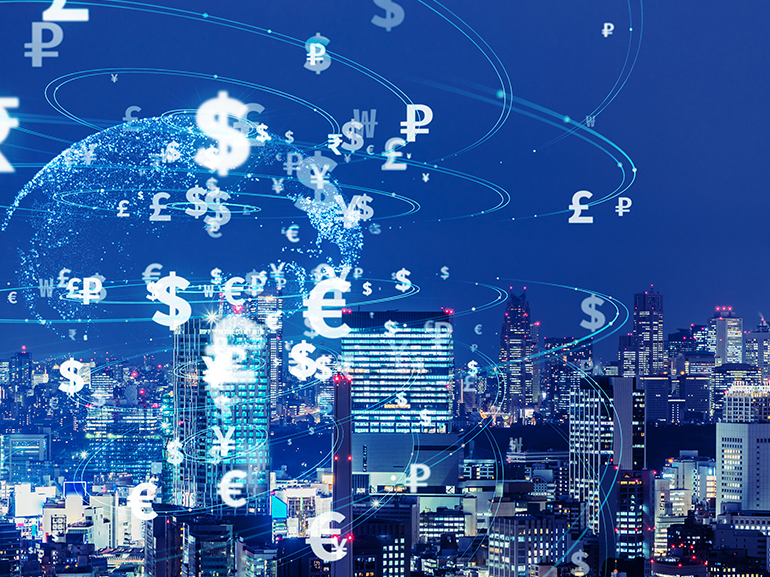What Events Impact Forex Trading?
Date Modified: 06/08/2023
There is a wide range of factors that can affect the price of any given currency pair, and it is impossible to account for every possible variable. However, there are certain key events that practically all Forex traders need to pay attention to, as these events can have a ripple effect on the entire economy. Here are some of the major events that can have an impact on the prices of Forex pairs. Major events that could impact Forex trading can be read about on Plus500’s News & Market Insights section and can be tracked via Plus500’s free Economic Calendar.

Illustrative prices.
Elections & Political Events
Elections can have a significant impact on a country’s currency. Some parties might be seen as more conservative and fiscally responsible, while others as more democratic and amenable to spending. Generally, elections can be accompanied by increased market volatility.
Macroeconomic Data
Macroeconomic data is the most important and heavily relied upon information when it comes to forex trading. This is because it is the data which is most pertinent when it comes to the strength of an economy, i.e. what the currency valuation essentially is. You can find this data using the Economic Calendar. Popular macroeconomic factors include, but are not limited to:
- Interest Rates - The interest rate of one country relative to another is one of the most important criteria in determining an exchange rate. A higher interest rate will often lead to an appreciating currency. A prominent example of how interest rates can appreciate or depreciate a currency pair is the dollar’s three-year high against the Japanese yen, due to the Fed cutting back on its bond-buying program and higher interest rates.
- Inflation Rates - Two of the most-watched inflation rate indicators are the Consumer Price Index (CPI), a weighted average of prices of a basket of consumer goods, and the Producer Price Index (PPI), an average of changes in the prices received by domestic producers for their output. Low inflation can force central banks to cut interest rates in the country, ultimately leading to a weaker currency. For example, inflation in Europe could lead to an increase in the EUR/USD as it is common for a currency pair to strengthen when interest rates are higher. This is because demand for the pair has increased.
- Employment Rates - News concerning the rate of employment in a particular country often determines how strongly the country’s economy is viewed. A higher employment rate will often mean a stronger currency. In the USA, the Non-Farm Payrolls (‘NFP’) - a report on the country’s official employment data - is released on the first Friday of every month and it can have a significant effect on the Forex market in light of the fact that traders are always on the lookout for economic changes. A decrease in the unemployment rates can render higher values for the USD, whereby low payroll figures can have the opposite effect, causing the USD to drop.
- Sentiment Surveys - Sentiment surveys are a rough gauge of market expectations. For example, Consumer Sentiment is a closely watched indicator of future retail spending intentions. Most advanced countries will release Purchasing Managers Indices (PMIs) on a periodical basis. PMI is closely watched to determine future business spending intentions. Furthermore, Fundamental Analysis Forex traders usually refer to sentiment surveys when trading as it is usually used as an indication of future economic growth.
- Gross Domestic Product - GDP is the overall growth of a country’s economy and is ordinarily followed by Forex traders. GDP is measured every month, quarter, or year. Housing reports, employment figures and inflation rates all play an important role in determining a nation’s GDP, whereas GDP rates can affect the economy in that central banks refer to them in the making of their monetary policies. To read more about GDP and what it is, click here.
How To Identify Events On Plus500’s Economic Calendar
You can identify and plan for macroeconomic events using Plus500’s economic calendar, which is accessible both on the website and through the platform.
The calendar summarizes major economic events and the currencies and/or other financial instruments that would most likely be affected.
You need to look for the events that may have an impact on the currency pairs that you are trading. Identify major economic events carefully and track them over time. Our CFD Trading Platform offers plenty of resources, coupled with a user-friendly interface and a suite of sophisticated trading tools and Forex indicators.
However, please remember that any information contained in this article, on the Plus500 website or platform, is general in nature and it does not take into account your personal circumstances.
Related News & Market Insights
Get more from Plus500
Expand your knowledge
Learn insights through informative videos, webinars, articles, and guides with our comprehensive Trading Academy.
Explore our +Insights
Discover what’s trending in and outside of Plus500.
Stay up-to-date
Never miss a beat with the latest News & Markets Insights on major market events.


